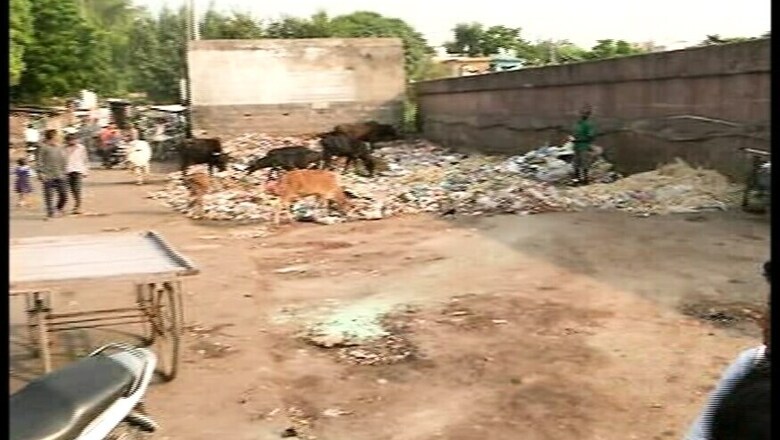
views
The World Health Organization on Thursday called for strengthening India's disease surveillance network by engaging private healthcare sector more for reliable counts of cases of dengue and chikungunya, which have claimed over 80 lives and affected more than 50,000 people across the country.
Terming engagement with private healthcare sector as "critical", WHO said that even probable dengue cases during outbreaks need to be reported to get more effective estimates while noting that strong surveillance, vector control, early diagnosis and case management and public awareness are key to control these vector-borne diseases.
The World Health Organisation said that in recent years, globalisation of travel and trade, unplanned urbanisation and environmental challenges including climate change has had a "significant" impact on transmission of vector-borne diseases.
"Surveillance for dengue and chikungunya in India presently captures only those patients that are laboratory confirmed at government identified sentinel hospitals, most of these are in the public sector.
"Given that substantial population visits the private sector for seeking health care in India, it is important that information from private hospitals and facilities is captured and well-represented for better understanding and estimation of the national disease burden of these infections," said Henk Bekedam, WHO Representative to India.
Observing that in addition to lab verified cases, probable cases of dengue, especially during outbreaks need to be reported for a more effective estimate of the numbers, WHO also called for continued investment in enhancing surveillance and laboratory capacities.
According to the National Vector Borne Disease Control Programme (NVBDCP) under the Health Ministry, dengue has affected 36,110 people across the country and has claimed 70 lives, the maximum 24 in West Bengal and ten each in Odisha and Kerela.
The death toll due to dengue in the national capital on Thursday rose to 18 while the number of cases crossed 1,100. Similarly according to NVBDCP, 14,656 cases of chikungunya have been reported across the country with 9,427 alone in Karnataka. In the national capital, 12 people have reportedly died from Chikungunya.
WHO said that it is also encouraging countries including India to explore judiciously the use of promising new techniques for vector control including using genetically modified mosquitoes.




















Comments
0 comment